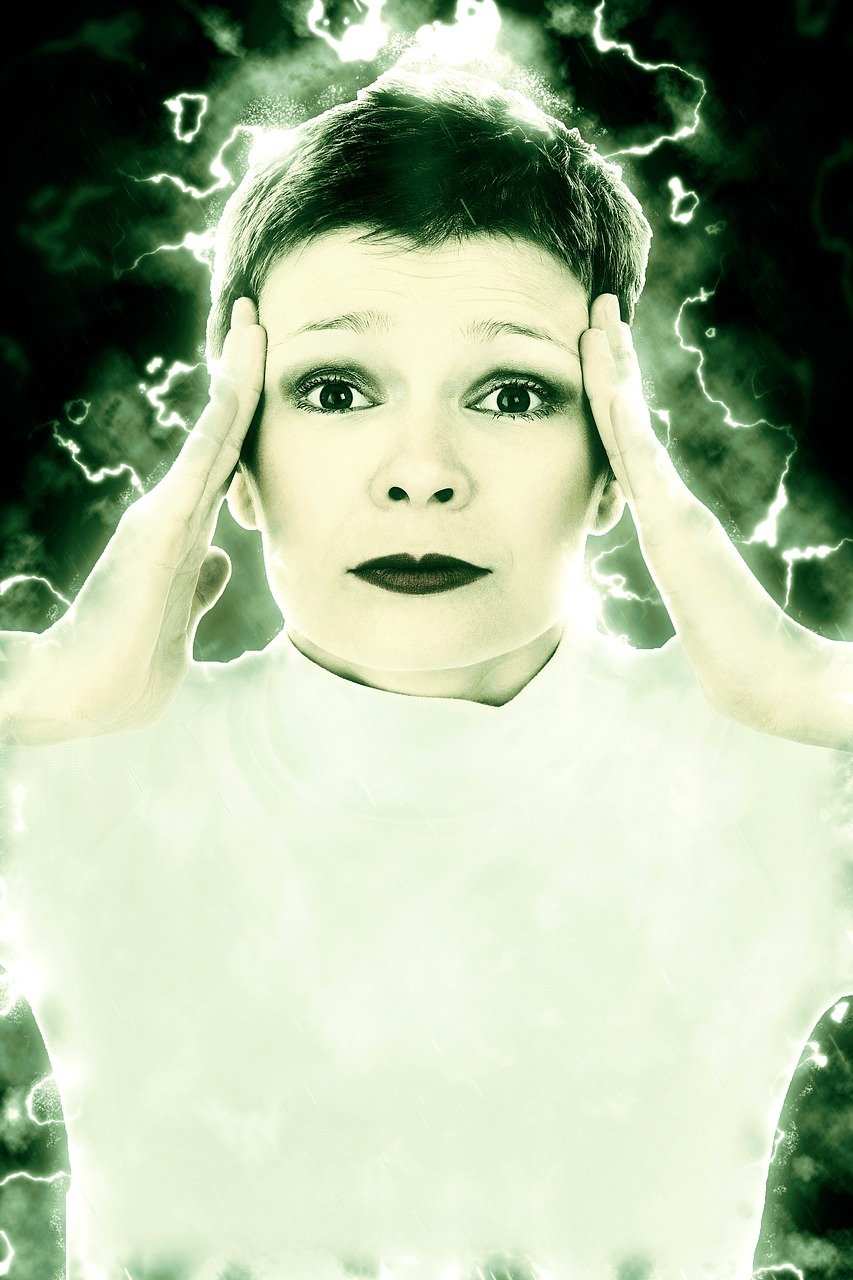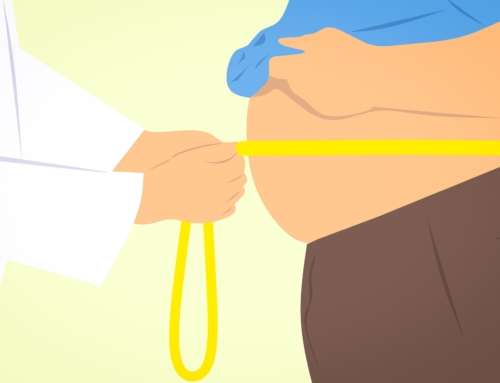Do you ever feel like your head is caught in a storm, with lightning bolts of pain flashing behind your eyes and thunderous throbs resonating through your skull? If so, you may be familiar with the often-debilitating condition known as migraine headaches. Migraines are not just your average headaches; they’re complex neurological events that can significantly impact your daily life. They can have you running for a dark space, lights and sound off to hibernate until they pass. Obviously, there are different degrees of severity, just like there are different causes.
They’re believed to involve a combination of genetic, environmental, and neurological factors. One prevailing theory suggests that migraines involve abnormal brain activity affecting nerve signals, blood flow, and chemicals in the brain.
The Many Faces of Migraine
Migraine headaches come in various forms, but the most common is the “migraine without aura.” This type involves moderate to severe pulsating pain, usually on one side of the head, accompanied by symptoms such as nausea, vomiting, and sensitivity to light and sound. Some people experience “migraine with aura,” which includes visual disturbances or other sensory changes before the headache begins.
Understanding the reason why you get migraines lends to treatment options. Sometimes, even with a deep dive into the different potential causes the migraines rage on and this is where medication can be very helpful. READ ON to learn about different migraine triggers….
Triggers and Troublemakers
Identifying triggers is often crucial in managing migraines. These triggers can vary widely from person to person and may include:
- Food and Drink: Certain foods and beverages, such as aged cheeses, processed meats, alcohol (especially red wine), and caffeine, can trigger migraines in some individuals. Personally, when I am working with someone with migraines I always start with food sensitivities. The above foods are just known common triggers, but you can have ANY food be a trigger. One of the worst migraine headaches I have ever seen the main trigger (thru testing) turned out to be gluten and you won’t believe this but ICEBERG lettuce!! Who knew?!!
- Stress: Emotional stress, anxiety, and tension can act as triggers for many migraine sufferers. There is a saying headaches in the front of the head occur in people who are pushing too hard, go, go, go and headaches in the back of the head occur in people who are trying to get away – no, no, no. Obviously, not a hard and fast rule.
- Sleep Disruptions: Changes in sleep patterns, including too much or too little sleep, can provoke migraines. Undiagnosed and untreated sleep apnea are often significant triggers for migraine headaches
- Structural: Don’t forget that uncomfortable pillow, jobs that require you to be in a certain position for extended periods of time as well as prior injuries as potential causes. I have even seen a ruptured breast implant create a problem because it had rotated and was putting pressure on a nerve that when they had them removed the migraines resolved!
- Hormonal Changes: Fluctuations in estrogen levels, such as those that occur during menstruation, pregnancy, or menopause, can trigger migraines in some women. On the flip side, fluctuations in progesterone levels can do the same thing. Figuring out where you are in your cycle when the headache starts can be key information for treatment options.
- Sensory Stimuli: Bright lights, strong odors, and loud noises are common triggers for many migraineurs.
Weathering the Storm: Treatment and Management
While most physicians will say there’s no cure for migraines, various treatment options are available to help manage symptoms and reduce the frequency and severity of attacks and if you find the underlying cause they may just disappear completely! These may include:
- Medications: Over-the-counter pain relievers like ibuprofen or acetaminophen can help alleviate mild migraines, while prescription medications such as triptans or preventive drugs may be necessary for more severe cases.
- Lifestyle Modifications: Keeping a regular sleep schedule, staying hydrated, managing stress through relaxation techniques or therapy, testing for food sensitivities and avoiding known triggers can all help reduce the frequency of migraines.
- Alternative Therapies: Some people find relief from migraines through alternative therapies such as acupuncture, biofeedback, yoga, or herbal supplements.
If you have recurrent headaches, look deeper and see if you can discover and underlying cause!
To your health,
Laura









